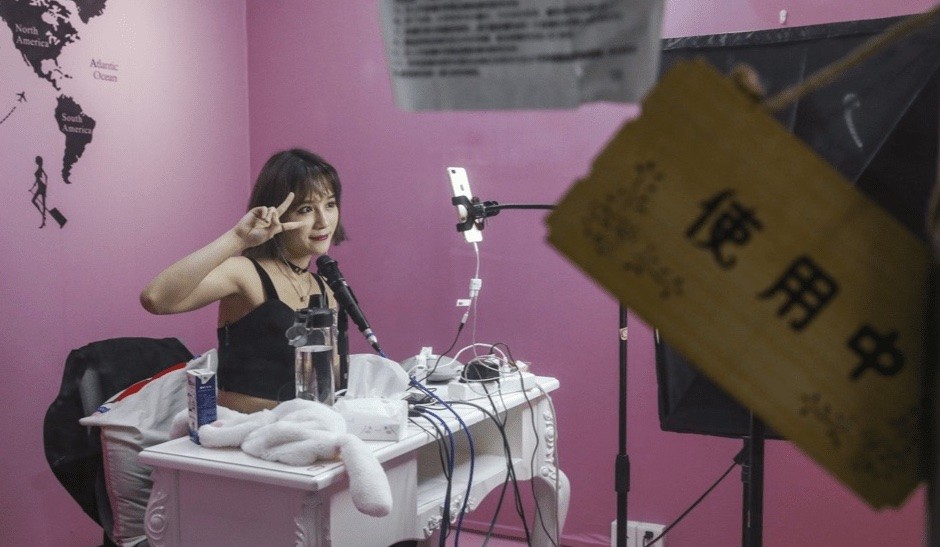China's main internet regulator has launched an anti-news fabrication campaign in the wake of the popular Influencer scandal.
China’s cyberspace watchdog launched a two-month nationwide special action to crack down on boundless self-media fabricating and leveraging heated topics while mixing real and fake news, after a Chinese vlogger was banned for fabricating a story about a student losing homework in Paris.
The Cyberspace Administration of China (CAC) announced this special campaign on Tuesday. The campaign is designated to crack down on influencers' boundless behavior of rubbing and creating heated spots, which mix virtuality with reality. It will rigorously rectify influencers who disregard public interest, violate morals in order to gain public attention.
It will target self-directed fabricating stories, such as unscrupulous manipulation of trending social news, international and domestic news, and indiscriminate distribution of vulgar news to fool netizens and sabotage the internet environment.
Hyping of trendy social events will also be targeted, such as counterfeiting as relatives of people involved in certain popular social events or publishing distorted causality of an incident.
Publications with click-baits will be cracked down. For example, if a self-media describes a certain individual incident as a general phenomenon and exaggerates negative narratives to amplify negative emotions. Behaviors such as spreading extreme opinions, stirring up group opposition, and undermining social consensus will be targeted.
The CAC’s campaign requires platforms to verify ID numbers and other real identity information on profit-making accounts, with strict implementation of the "one account per person, two accounts per enterprise”.
The use of AI and other technology-generated information must also be clearly labeled as technology-generated to strengthen the display of information source labeling. The campaign asks self-media accounts to accurately indicate the source of information when publishing news related to domestic and international current affairs, public policies, social events, etc.
This campaign came after an internet influencer fabricated a false video claiming to have found a student's lost booklets of homework in Paris, which seriously "damaged the online ecosystem and wasted public resources." Later, the account was banned by several social media platforms.
Since December 2023, more than 1,500 people have been arrested in relation to online rumors, and more than 10,700 people have been handed administrative punishment, Xinhua News Agency quoted China's Ministry of Public Security as saying on April 17, 2024.
Source: Global Times




